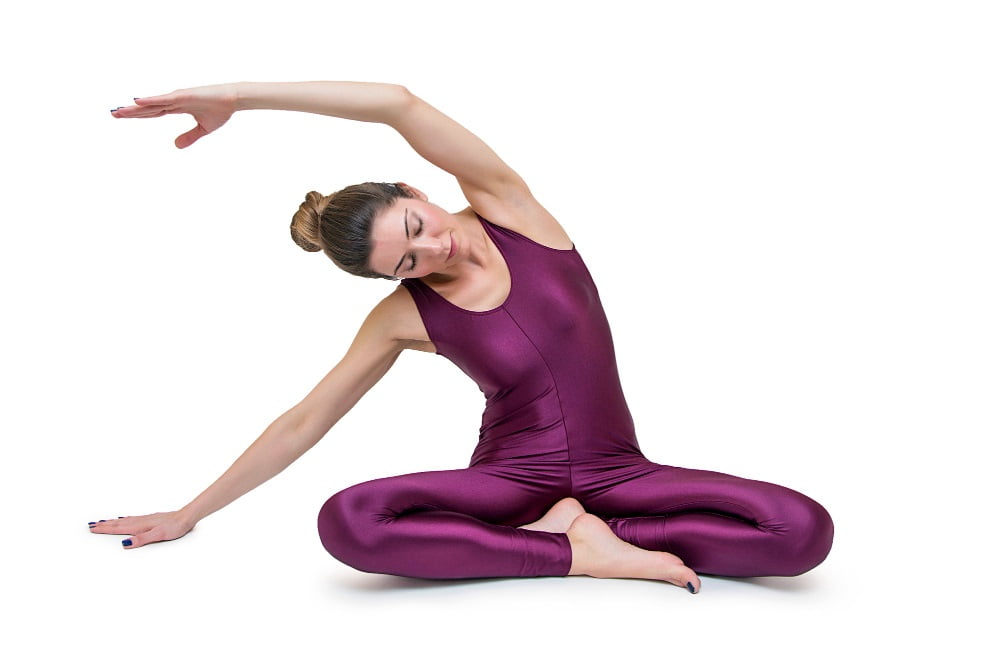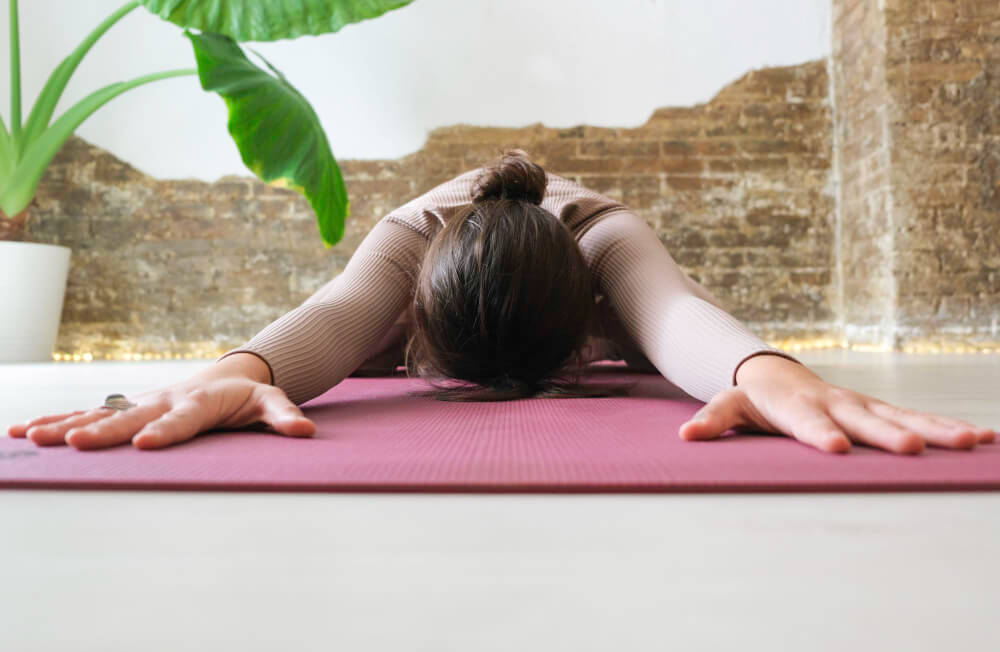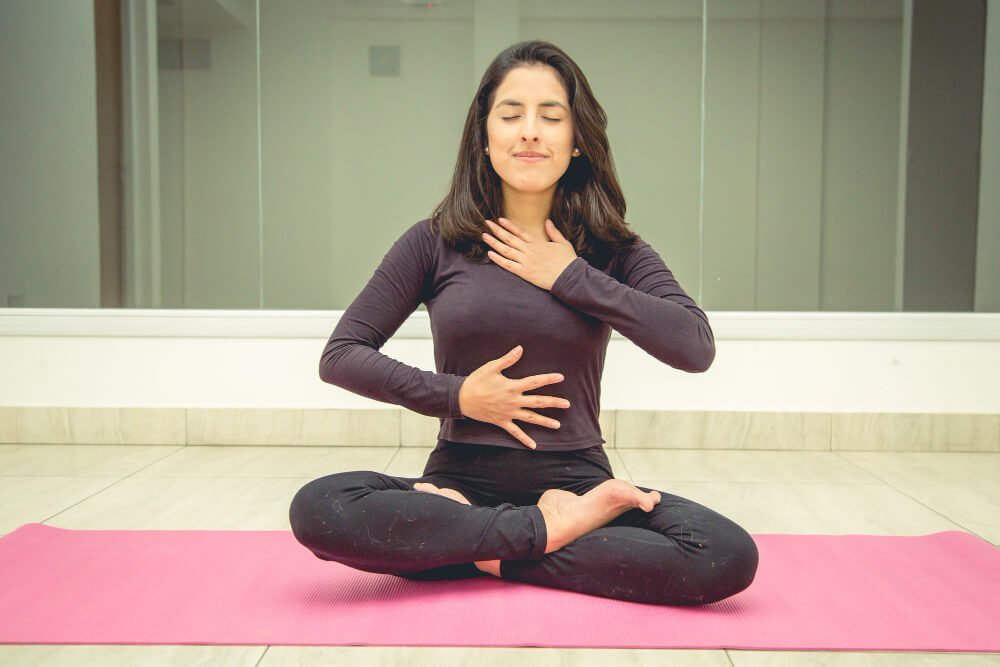
Exploring the Benefits of Yoga
Yoga has its roots in ancient India and has been practiced for several years. It is not just a physical exercise but a holistic approach to harmonizing the body, mind and spirit. The word “yoga” means union, symbolizing the union of individual consciousness with universal consciousness.
Physical Benefits of Yoga
Improved flexibility
One of the main benefits of yoga practice is improved flexibility. Regular practice of yoga asanas (asanas) helps stretch and lengthen muscles, increasing overall flexibility and range of motion.

Advanced Balance and Posture
Yoga poses focus on stability and alignment, which can greatly improve balance and posture. Regular exercise strengthens core muscles and promotes proper alignment, reducing the risk of injury.

Increased Energy Levels
Yoga involves deep breathing and mindful movements, which help increase oxygen intake and improve energy levels. It rejuvenates the body and increases natural energy.

Weight Management
Engaging in regular yoga practice can contribute to weight management. Some yoga styles, such as power yoga and Vinyasa flow, are more dynamic and can help burn calories while building strength and endurance.

Mental and Emotional Benefits of Yoga
Stress Reduction
Yoga is widely known for its capacity to alleviate stress and induce a state of relaxation. A combination of physical movement, deep breathing and meditation helps to calm the mind, release tension and reduce stress.

Improved mental clarity and focus
Through regular yoga practice, you can increase mental clarity and focus. The mindfulness aspect of yoga cultivates present-moment awareness, allowing you to focus better and improve cognitive function.

Enhanced mood and emotional stability
Yoga has a positive effect on emotional well-being. It stimulates the release of endorphins, “feel-good” hormones, which can improve mood and promote emotional stability.

Anxiety and depression relief
Studies have shown that yoga can be beneficial for people dealing with anxiety and depression. A combination of physical movement, breathing, and meditation helps calm the mind, reduce anxiety, and uplift mood.

Spiritual Benefits of Yoga
Deepen self-awareness
Yoga encourages self-reflection and self-examination, facilitating a deeper understanding of oneself. Through introspection and mindfulness practices, you can gain insight into your thoughts, feelings, and behaviors.

Cultivating Mindfulness and Presence
Mindfulness is a key part of yoga. By practicing mindfulness during yoga sessions, you develop the ability to be fully present in the moment, promoting a greater sense of peace and contentment.

Connecting with inner peace
Yoga provides space for inner peace and tranquility. Practicing stillness and meditation allows you to connect with your inner self, cultivating a sense of peace that can extend into your everyday life.

Awakened Spiritual Growth
For those seeking a spiritual path, yoga provides a gateway to spiritual growth. Through the practice of meditation and self-reflection, you can deepen your connection with the divine and explore your spirituality.

Yoga and Overall Well-Being
Yoga’s holistic approach to health and well-being makes it a powerful tool for overall well-being. By integrating the physical, mental and spiritual aspects, yoga promotes a greater sense of balance, harmony and wholeness.
How to Get Started with yoga
Finding the right style for you
Yoga encompasses many different styles and traditions. You need to explore different styles to find one that resonates with you. Hatha, Vinyasa, Ashtanga, and Iyengar are some popular styles to consider.
Joining a yoga class
Attending a yoga class led by a qualified instructor can provide guidance and ensure proper alignment and safety. It also provides an opportunity to connect with a supportive community of fellow practitioners.
Practicing at home
If it is not possible to attend the class, you can set up home practice. There are many online resources, videos, and apps available that offer guided yoga sessions for all levels of practitioners.
Incorporating yoga into daily life
Yoga extends beyond the mat. Take the principles and mindfulness cultivated during the practice into your daily life. Practice conscious breathing, mindfulness and self-care to experience the full benefits of yoga.
Precautions and Tips for Yoga Practitioners
Listening to your body
Yoga should be practiced mindfully and aware of the limitations of your body. Respect your body’s needs and modify poses as necessary to avoid injury and discomfort.
Practicing proper alignment
Correct alignment is important for a safe and effective practice of yoga. Pay attention to proper alignment cues from your instructor or use mirrors and props to make sure you’re in the right position.
Correct breathing
Breathing is an integral part of yoga. Focus on deep, rhythmic breathing throughout your practice to enhance the mind-body connection and reap the full benefits of each pose.
Seeking Professional Guidance
If you have any specific health concerns or injuries, consult a qualified yoga instructor or healthcare professional. They can guide you in modifications and exercises that suit your individual needs.
Conclusion
Yoga is a holistic practice that offers many benefits for the body, mind and spirit. From improved flexibility and strength to stress reduction and increased spiritual growth, yoga has something to offer everyone. By incorporating yoga into your life, you can experience improved well-being and a deeper connection with yourself and the world around you.













